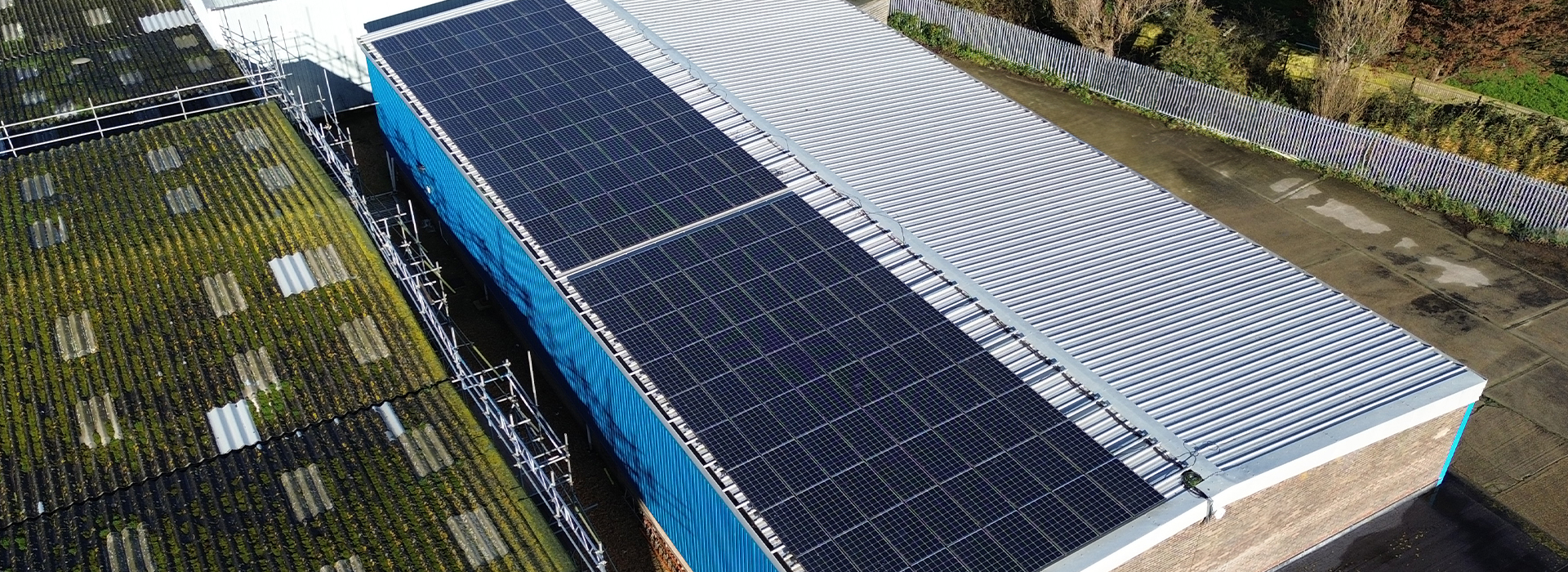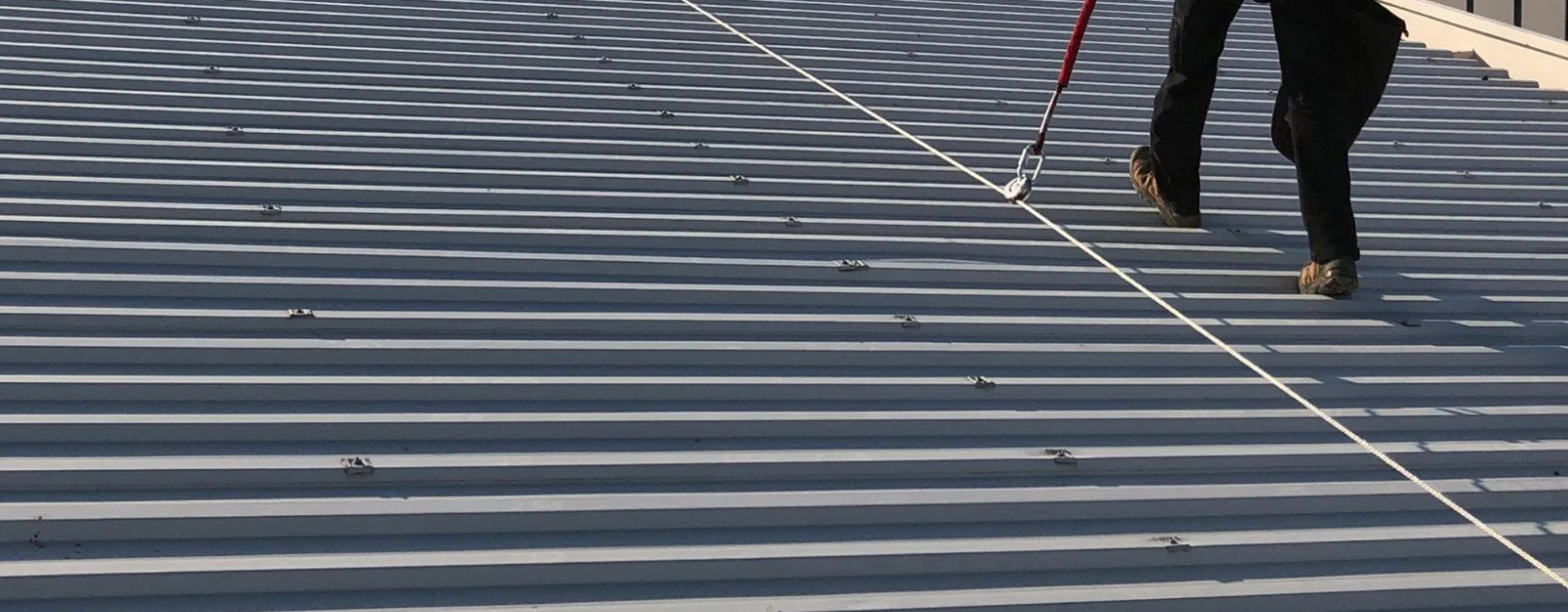When it comes to workplace safety, particularly in industries like construction, roofing, and any job that requires working at height, fall protection is a non-negotiable. Yet, many companies across the UK continue to rely on outdated or inadequate fall protection systems. What these businesses may not realise is that cutting corners on safety can cost far more than just fines or insurance premiums – it can cost lives.
The Legal Landscape: Why Fall Protection is Essential
In the UK, workplace safety is governed by strict regulations, including the Work at Height Regulations 2005 and the Health and Safety at Work Act 1974. These laws are designed to ensure employers provide adequate fall protection for workers. However, relying on outdated systems or failing to maintain equipment puts companies at risk of legal action, costly fines, and reputational damage.
The Health and Safety Executive (HSE) frequently conducts inspections and has the authority to shut down operations if safety standards are not met. Non-compliance can result in fines up to £10 million for larger businesses. But the true cost of inadequate fall protection isn’t just financial – it’s personal.
The Real Cost: Death and Serious Injury
Every year, hundreds of workers in the UK are injured or killed due to falls from height. In fact, falls are the leading cause of workplace fatalities. Behind every statistic is a person whose life has been forever changed – and a family left to deal with the tragic consequences.
An inadequate fall protection system means more than outdated equipment – it signals a failure to protect workers. In some cases, this could mean the difference between life and death. Whether it’s worn-out harnesses, faulty anchorage points, or a lack of proper safety training, these gaps in fall protection can have devastating results.
Consider the Human Toll:
Lost lives result in untold emotional damage for families and colleagues.
Long-term injuries lead to physical suffering, often permanent, for the worker.
The aftermath can include mental health struggles for those involved, such as post-traumatic stress.
While companies may focus on saving money by delaying equipment updates or cutting back on training, the cost of losing an employee in such a preventable way is immeasurable.
The Financial Impact of Inadequate Fall Protection
Although the loss of life and injury are paramount, inadequate fall protection can also take a significant financial toll on your business. Aside from fines and compensation claims, companies may face higher insurance premiums, operational shutdowns, and a tarnished reputation that makes future contracts difficult to secure.
Some of the financial impacts include:
Insurance Claims: Compensation claims for workplace injuries or fatalities can run into hundreds of thousands of pounds.
Operational Downtime: After a serious incident, an HSE investigation could force you to halt operations while safety improvements are made.
Legal Fees and Fines: Depending on the severity of the breach, fines can cripple smaller businesses, and legal proceedings can take months, if not years, to resolve.
Recruitment Costs: Injuries or deaths can lead to higher staff turnover and increased recruitment costs, as potential workers may be wary of unsafe workplaces.
How to Avoid These Risks
To protect both lives and your business, it’s critical to invest in modern, compliant fall protection systems. Regularly review safety protocols, ensure all equipment meets UK standards, and provide continuous training for your employees. Conduct frequent inspections and make necessary upgrades to outdated systems.
Failing to do so could result in more than just financial ruin – it could destroy lives.
Conclusion
Inadequate or outdated fall protection systems aren’t just a breach of legal requirements; they are a breach of trust between employers and employees. The true cost of neglecting fall safety isn’t just financial. When you cut corners, you risk the safety of your workforce and the reputation of your business. In the UK, where fall-related injuries and fatalities are far too common, it’s vital to prioritise safety at every level – because the cost of failure could be more than you can afford.



